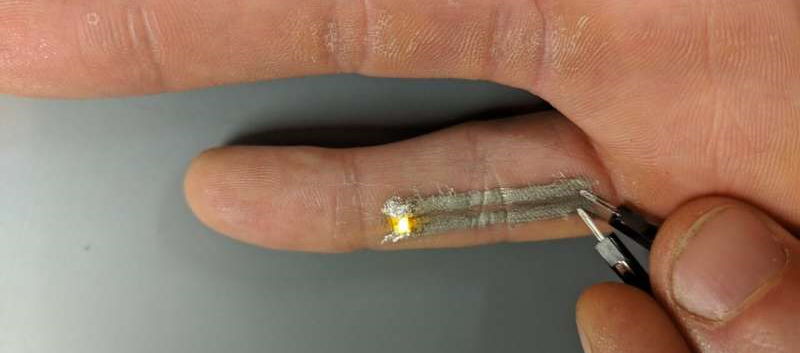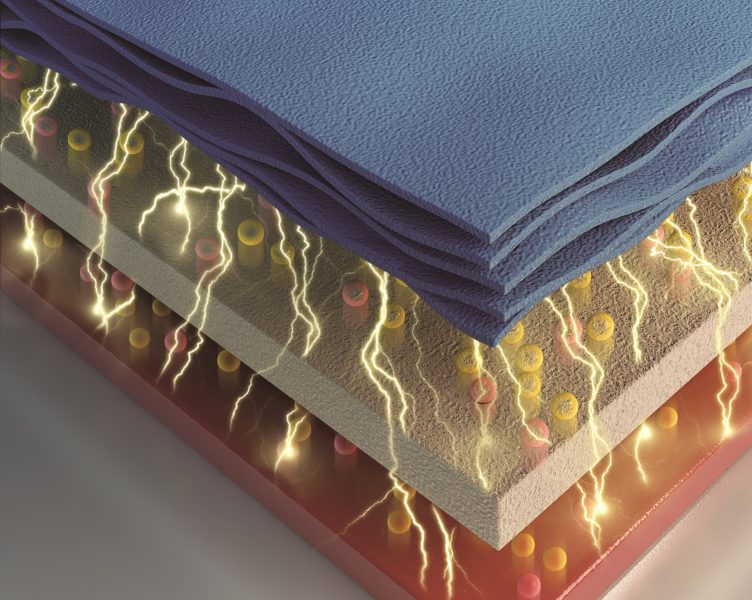A new photocatalyst is revolutionizing a time-old reaction, addressing how light can influence not just the kinetics of chemical reactions, but their thermodynamic equilibria.


A new photocatalyst is revolutionizing a time-old reaction, addressing how light can influence not just the kinetics of chemical reactions, but their thermodynamic equilibria.

Nanotechnology has emerged as an innovative tool in medicine that could alter the landscape in relation to disease treatment and prevention.
![Seeing Red: A New QLED Design for Electronic Displays [Video]](https://www.advancedsciencenews.com/wp-content/uploads/2019/10/1080-x-620-take-2.png)
Researchers design the best-performing red QLED to date using quantum dots.

The 2019 Nobel Prize in Chemistry is a moment to take stock of the achievements of materials science. Advanced Science News speaks to experts in the field for their thoughts.

Scientists developed a fully print-in-place electronics technique that is gentle enough to work on surfaces as delicate as human skin.

A man on a mission; the commercialization of graphene.

Appliction of an AC current results in a self-sustaining oscillating polymer surface.

Hui-Ming Cheng and colleagues Da-Wei Wang and Quan-Hong Yang clarify the trouble with current metrics used to quantify supercapacitor performance.

John B. Goodenough, M. Stanley Whittingham and Akira Yoshino win the 2019 Chemistry Nobel Prize for the development of lithium-ion batteries

A Swiss team of researchers has developed an innovative new approach to creating flexible batteries using stretchable materials.